Home to waters teeming with manta rays, ocean sunfish, and turtles, Nusa Penida has long been a popular dive spot for tourists and locals. It is also part of the Coral Triangle — a vast marine region spanning approximately 6 million sq km and encompassing the waters of Indonesia, the Philippines, Malaysia, Papua New Guinea, the Solomon Islands, and Timor-Leste — boasting the highest diversity of coral reef fishes in the world.
Sylvia Earle, marine biologist and Rolex Testimonee, founded Mission Blue in 2008. The organisation’s mission was clear yet ambitious: To raise public awareness of ocean health’s critical importance and to drive the establishment of Marine Protected Areas (MPAs) called Hope Spots. Over 160 Hope Spots have since been identified, with the Nusa Penida MPA in Bali among the latest additions.
The Nusa Penida MPA is home to about 570 species of reef fish and nearly 300 coral species – representing over 76 percent of all known coral species. Committed to safeguarding this precious ecosystem, marine ecologist Rili Djohani founded the non-profit Coral Triangle Center (CTC) in 2010 and collaborated with the Indonesian government and local communities to establish designated zones within the MPA for tourism, seaweed farming, fishing, and sacred grounds. The CTC’s success in promoting sustainable livelihoods for residents drew the attention of Mission Blue, leading to Nusa Penida’s designation as a Hope Spot in 2020, with Djohani and fellow conservationist Wira Sanjaya named Hope Spot Champions.
One of the CTC’s many impactful projects is the rehabilitation of the MPA’s mangrove forests, which had suffered from excessive logging. By educating the community on the benefits of preserving these forests — such as eco-tourism opportunities and protection against rising sea levels — locals rallied to support the initiative, helping to plant more than 10,000 seedlings.
Nusa Penida’s reefs also show promising resilience to climate change, making their protection and study valuable for global coral conservation. To support this, the CTC has helped install over 400 interconnected structures on the ocean floor, providing a foundation for new coral growth — some 6,000 fragments covering 240 sq m.
For conservation ideals to endure across generations, they must become embedded in local culture. To this end, the CTC has engaged with youth groups and created an ocean-themed wayang (Indonesian shadow puppetry) performance, presented regularly to communities to raise awareness and inspire dialogue.
All these efforts are supported by Mission Blue and Rolex Perpetual Planet Initiative. Launched in 2019 as a global commitment to champion scientific and conservation efforts to protect the planet, the Initiative counts Mission Blue among its key partners. Together, they share their expertise in environmental stewardship with Djohani and Sanjaya in the mission to protect this extraordinary ecosystem.
PHOTOS COURTESY OF ROLEX_PIER NIRANDARA






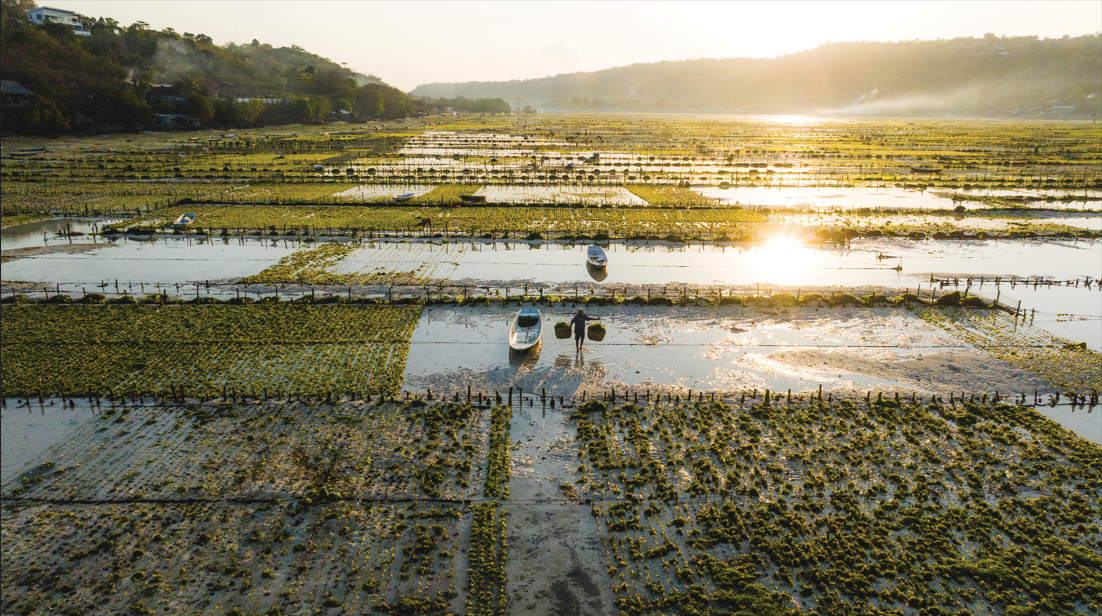
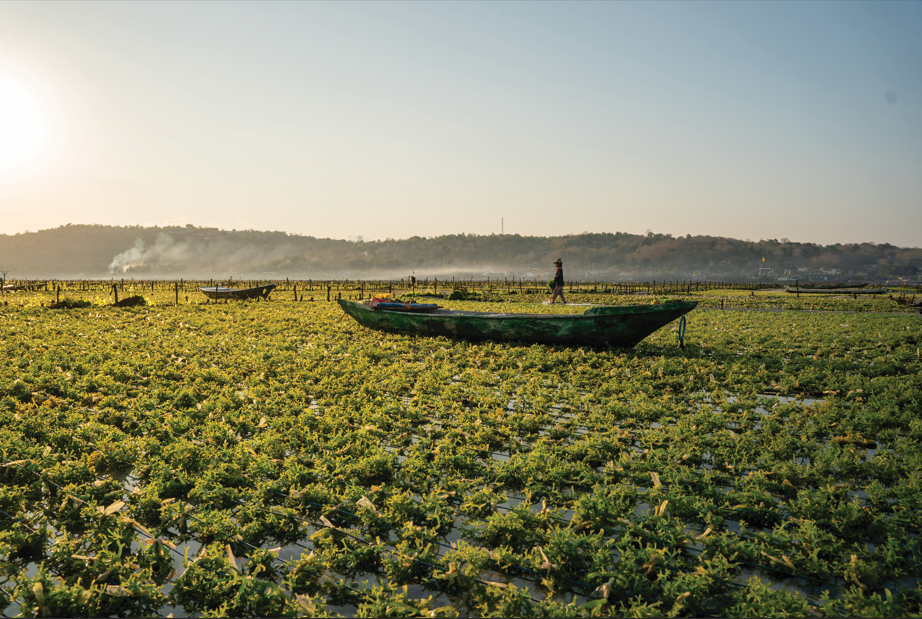

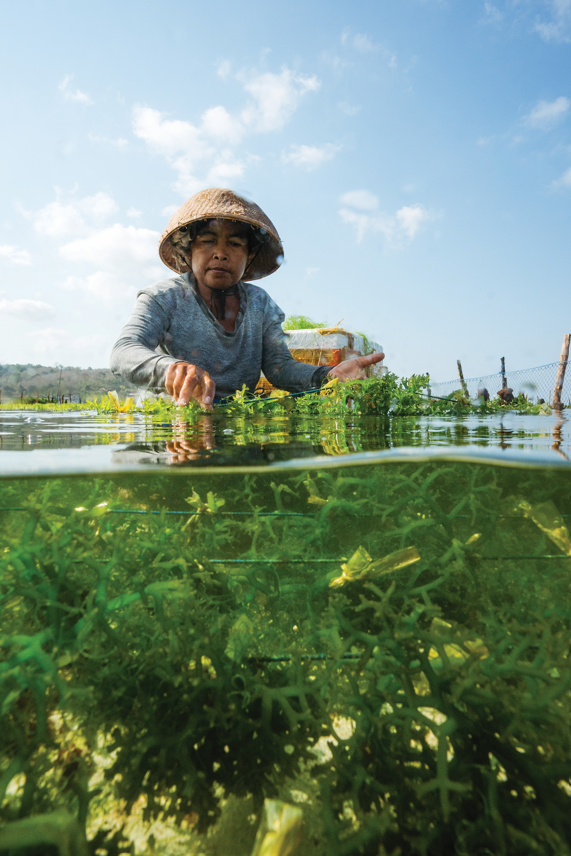
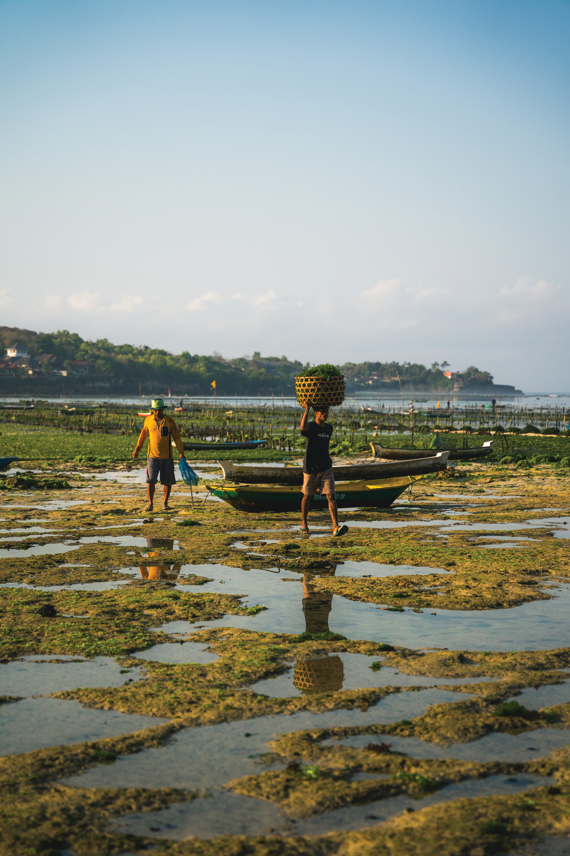
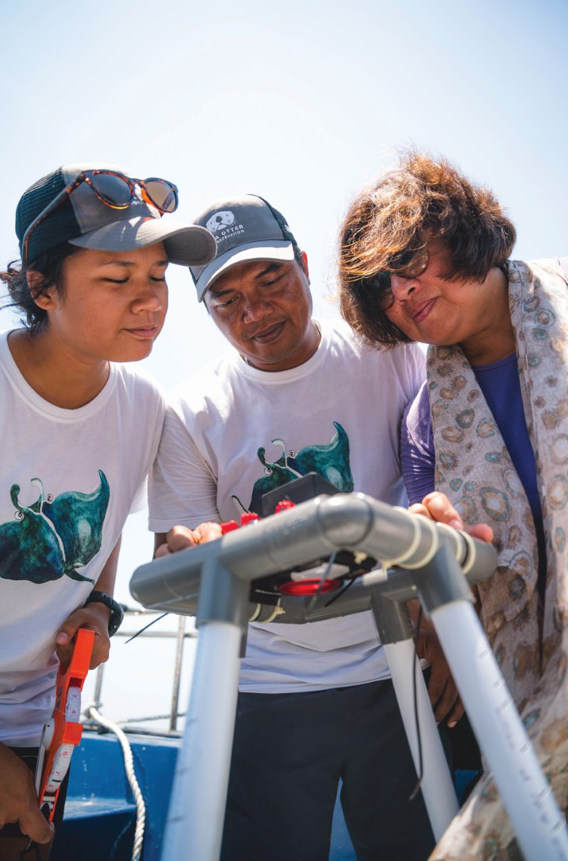
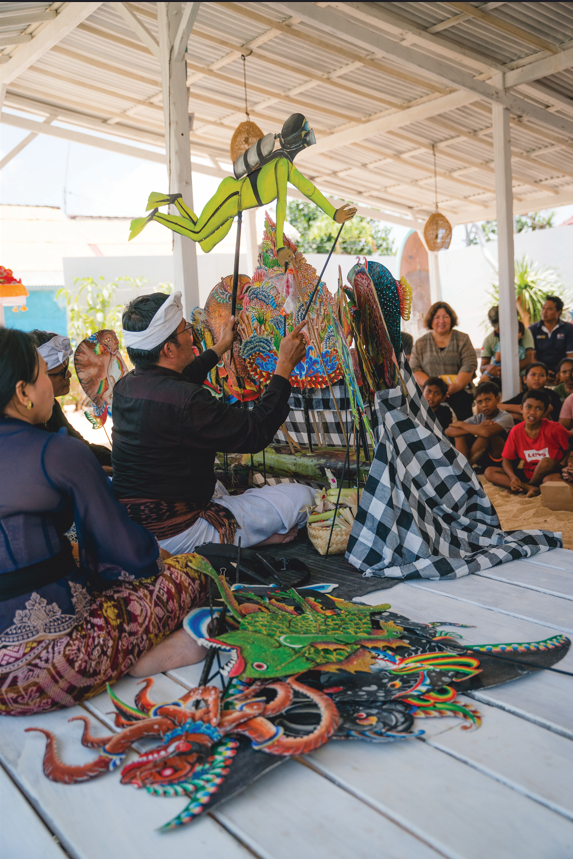
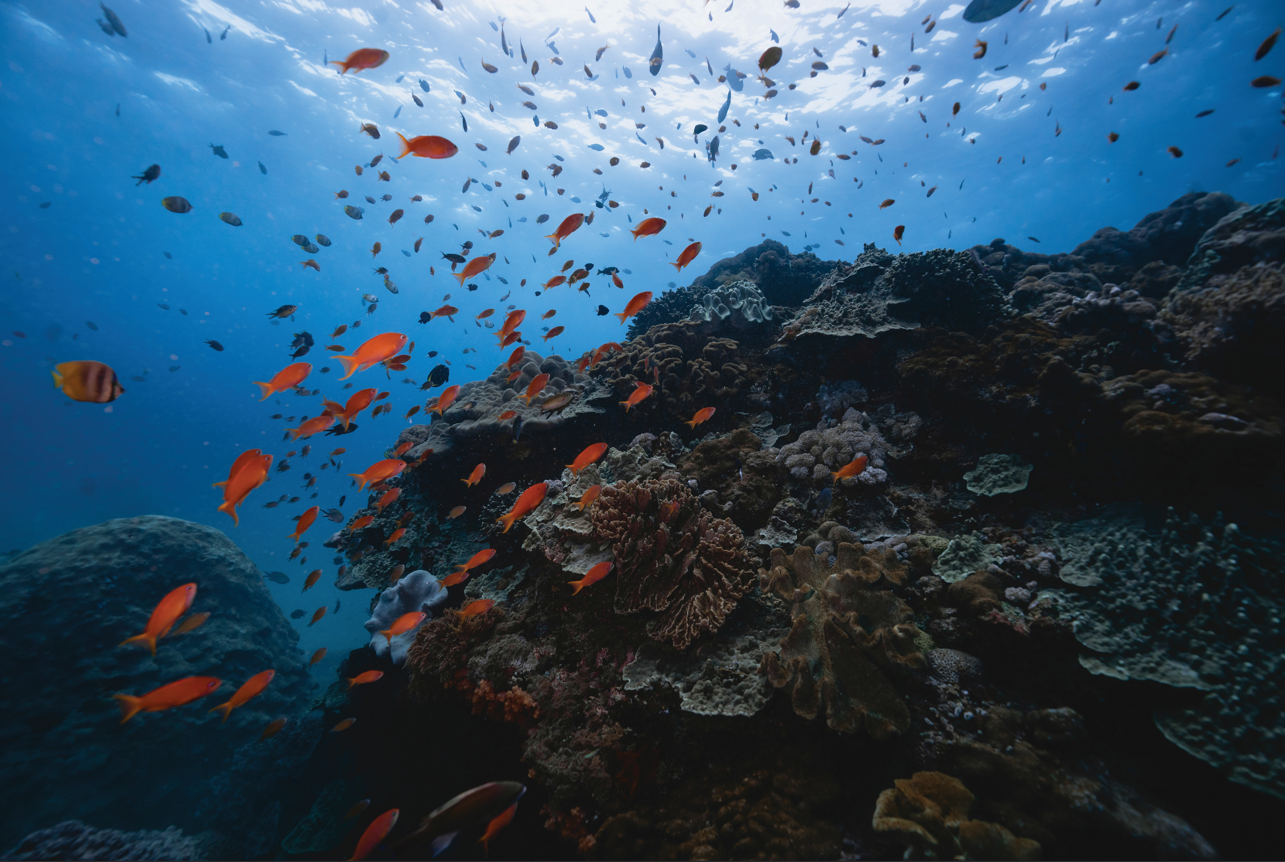
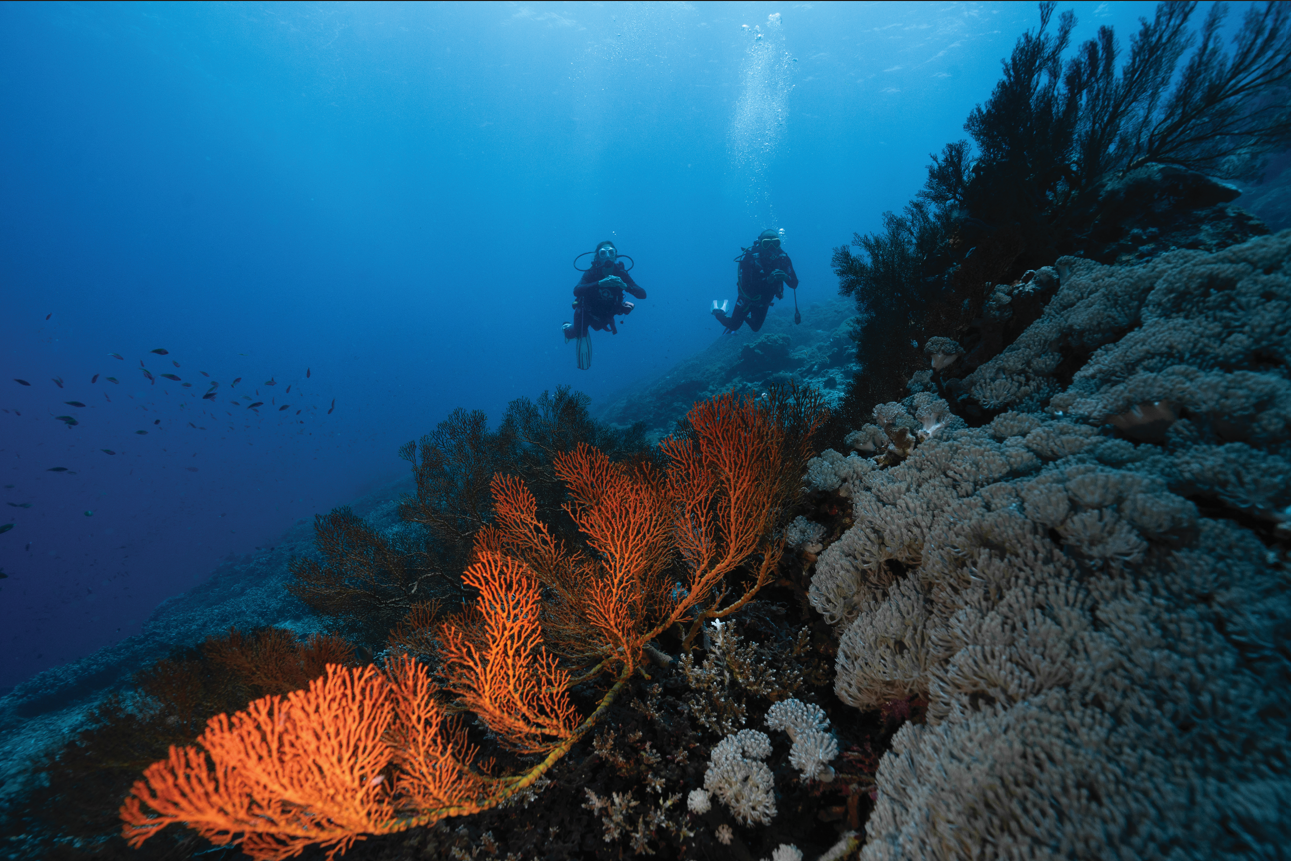




 Back
Back
